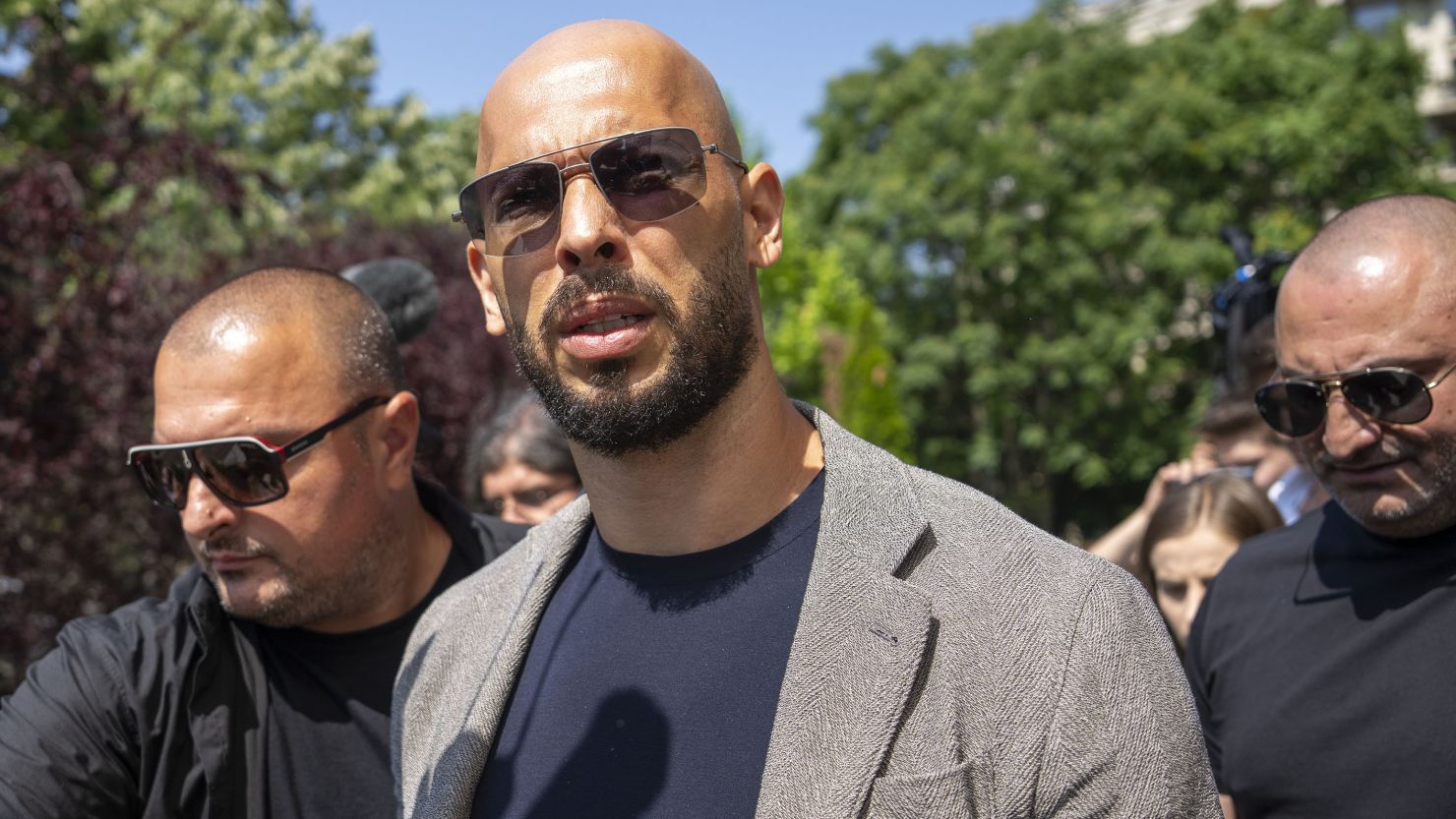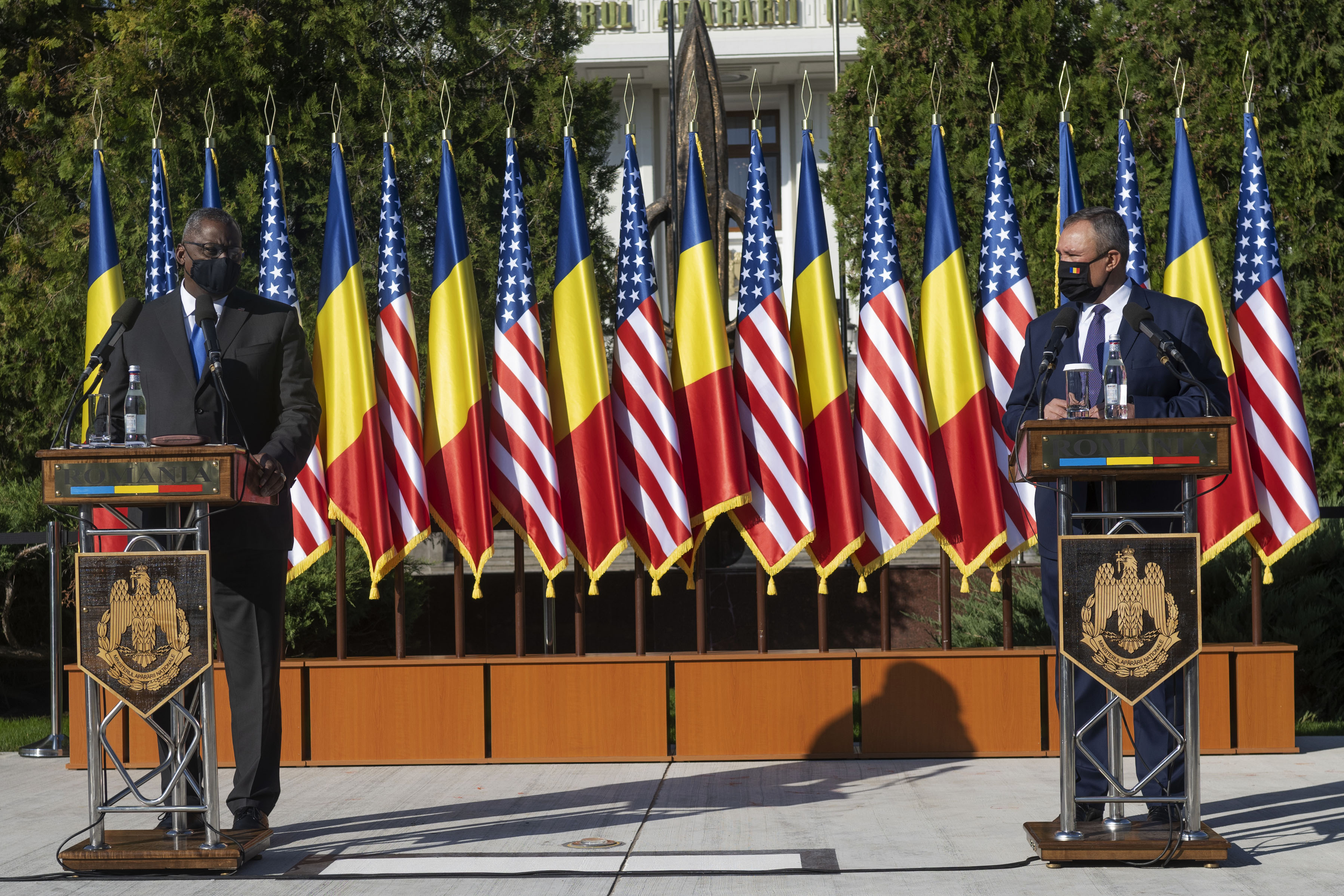In a shocking revelation, Lauren Southern has detailed a harrowing experience of alleged sexual assault by Andrew Tate in her self-published memoir. This accusation, along with the ongoing criminal charges against Tate and his brother Tristan in the U.K. for rape and human trafficking, underscores a troubling pattern of misogyny and violence that permeates our cultural landscape.
Southern’s Gripping Account of Assault
In excerpts shared on her Substack page, Southern recounts a disturbing encounter that occurred in 2018 when she was just 22 years old. During a trip to Romania to discuss a media venture with the Tates, she describes an evening that spiraled into a nightmare. After a night of heavy drinking, Southern alleges that Tate assaulted her, despite her repeated refusals and attempts to resist. Her account raises critical questions about consent, power dynamics, and the pervasive culture of misogyny that allows such violence to occur.
Tate Brothers Face Serious Criminal Charges
Currently, Andrew and Tristan Tate are the subjects of a significant legal battle in the U.K., facing 21 criminal charges that include rape and human trafficking. These allegations are not isolated incidents but part of a broader pattern of exploitation that highlights the urgent need for systemic change in how we address sexual violence. As reported by NPR, the brothers have faced multiple accusations that span different countries, yet they have managed to evade justice in Romania, raising concerns about potential corruption within law enforcement.
\n\n
Andrew Tate: Controversial influencer arrives at Bucharest court ...
Misogyny’s Grip on Culture and Media
The Tates have built their notoriety on a foundation of toxic masculinity and misogynistic rhetoric, positioning themselves as “alpha males” providing life advice to young men. Southern’s reflections reveal the insidious nature of such ideologies, which often vilify women while celebrating predatory behavior in men. According to research from PMC, misogyny manifests in various forms, including sexual harassment and violence, and is deeply entrenched in societal norms, making it crucial for us to confront these narratives head-on.
The Impact of Social Media on Accountability
Southern’s decision to come forward now, after years of silence, speaks volumes about the evolving landscape of accountability in the age of social media. The #MeToo movement has empowered many to share their stories, challenging the narrative that often silences victims. However, as Southern notes, her own anti-feminist stance made it difficult for her to reconcile her experience with her public persona. This internal conflict is emblematic of the broader societal pressures that discourage victims from speaking out, particularly those who feel they do not fit within the mainstream feminist discourse. As reported by PubMed, the perceived morality of public figures often shifts dramatically in the wake of sexual assault allegations, indicating a growing awareness and demand for accountability.
\n\n
News Conference
Call for Systemic Change in Legal Frameworks
The legal implications surrounding the Tates" case highlight the urgent need for reform in how sexual violence is addressed globally. The fact that Southern was allegedly advised to pursue her claims in Romania, where she feared police corruption, underscores the barriers many victims face when seeking justice. According to CPS, human trafficking remains a pervasive issue, and it is critical that legal frameworks evolve to protect victims and hold perpetrators accountable.
As Southern grapples with her experience, she raises a deeply troubling question: "Was I trafficked?" This inquiry not only reflects her personal trauma but also points to the broader societal issue of how we define and respond to trafficking and exploitation. The Tates’ actions exemplify the predatory behavior that thrives in a culture that often fails to protect women and marginalized communities.

![[Video] Anti-ICE Protester Pepper Sprayed as CBP Agents Disperse Crowd in Minneapolis](/_next/image?url=%2Fapi%2Fimage%2Fthumbnails%2Fthumbnail-1768260677127-y71sb7-thumbnail.jpg&w=3840&q=75)

![[Video] Several injured as U-Haul truck drives through Iranian protestors in Los Angeles](/_next/image?url=%2Fapi%2Fimage%2Fthumbnails%2Fthumbnail-1768176682028-q95y6j-thumbnail.jpg&w=3840&q=75)
![[Video] Scuffle breaks out between Trump supporters and Anti-ICE protesters in Times Square](/_next/image?url=%2Fapi%2Fimage%2Fthumbnails%2Fthumbnail-1768165958203-hgcgb-thumbnail.jpg&w=3840&q=75)


![[Video] Gunfire between Iraqi security forces and Sadr militias in Baghdad](/_next/image?url=%2Fapi%2Fimage%2Fthumbnails%2Fthumbnail-1768343508874-4redb-thumbnail.jpg&w=3840&q=75)
